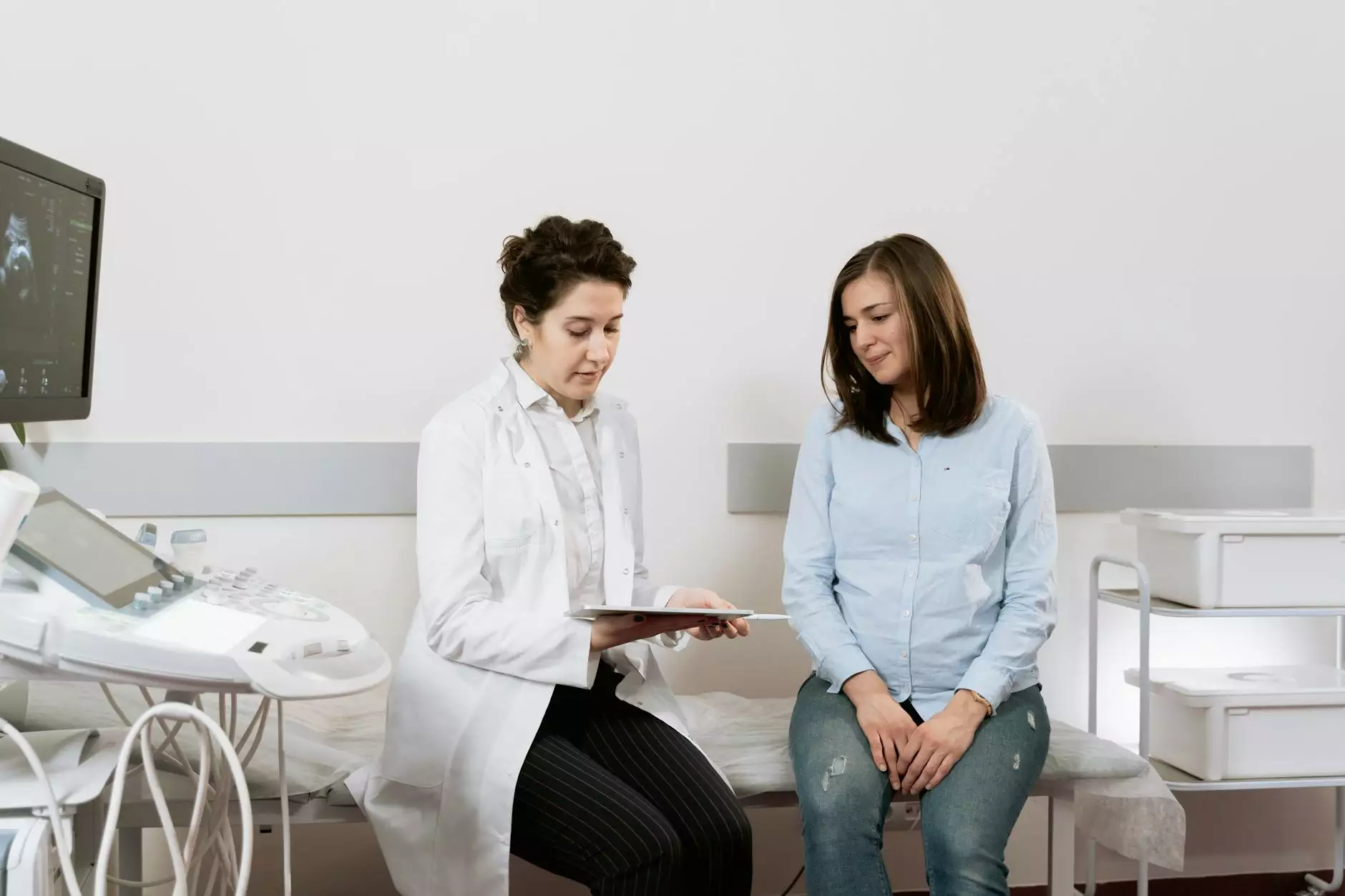Breast Cancer, Ovarian Cancer, and the PALB2 Gene
Blog
The Link Between Breast Cancer, Ovarian Cancer, and the PALB2 Gene
At Rochester Holistic Center, we aim to educate and empower individuals by providing comprehensive information on various health topics. In this guide, we will delve into the connection between breast cancer, ovarian cancer, and the genetic mutation known as PALB2.
Understanding PALB2 Gene and Cancer Risk
PALB2, short for Partner and Localizer of BRCA2, is a gene that plays a critical role in DNA repair. When mutated, it can increase the risk of developing breast cancer and ovarian cancer. It is important to note that not everyone with the PALB2 mutation will develop cancer, but the likelihood is significantly higher compared to those without the mutation.
Research has shown that individuals with PALB2 mutations have an increased risk of developing breast cancer throughout their lifetime. In fact, studies indicate that the risk can be as high as 40%. Additionally, the presence of PALB2 mutations also elevates the risk of developing ovarian cancer, although the precise numbers may vary.
Identifying PALB2 Mutations
Testing for PALB2 mutations is available and can provide valuable insights into an individual's cancer risk. Genetic counseling and testing services are offered at Rochester Holistic Center to help individuals understand their genetic makeup and make informed decisions regarding their health and well-being.
Prevention and Risk Reduction
1. Regular Screening and Early Detection
Regular screenings, such as mammograms and ovarian cancer screenings, are crucial for early detection. Detecting cancer at an early stage significantly increases the chances of successful treatment and improved outcomes. Consult with your healthcare provider to establish an appropriate screening schedule based on your individual risk factors.
2. Healthy Lifestyle Choices
While genetic factors play a role in cancer development, lifestyle choices can also impact risk. Maintaining a healthy lifestyle can reduce the likelihood of developing breast cancer and other related cancers. Examples of healthy lifestyle choices include:
- Eating a nutritious diet rich in fruits, vegetables, whole grains, and lean proteins.
- Engaging in regular physical activity.
- Avoiding or limiting alcohol consumption.
- Avoiding tobacco products.
3. Holistic Approaches to Support Overall Well-being
At Rochester Holistic Center, we believe in a holistic approach to health and well-being. We offer various services and therapies that can complement traditional medical treatments and help support overall well-being. Our holistic treatments are designed to reduce stress, improve immune function, and promote physical and emotional healing.
Seeking Support and Guidance
Dealing with the complexities of cancer risk can be emotionally challenging. It is essential to seek support and guidance from healthcare professionals, genetic counselors, and support groups. These resources can provide the necessary information and emotional support to navigate through this journey.
Contact Rochester Holistic Center
If you have concerns about breast cancer, ovarian cancer, or PALB2 mutations, please feel free to reach out to us at Rochester Holistic Center. Our team of experts is here to provide compassionate care, personalized guidance, and comprehensive information to empower you on your path to holistic well-being.



